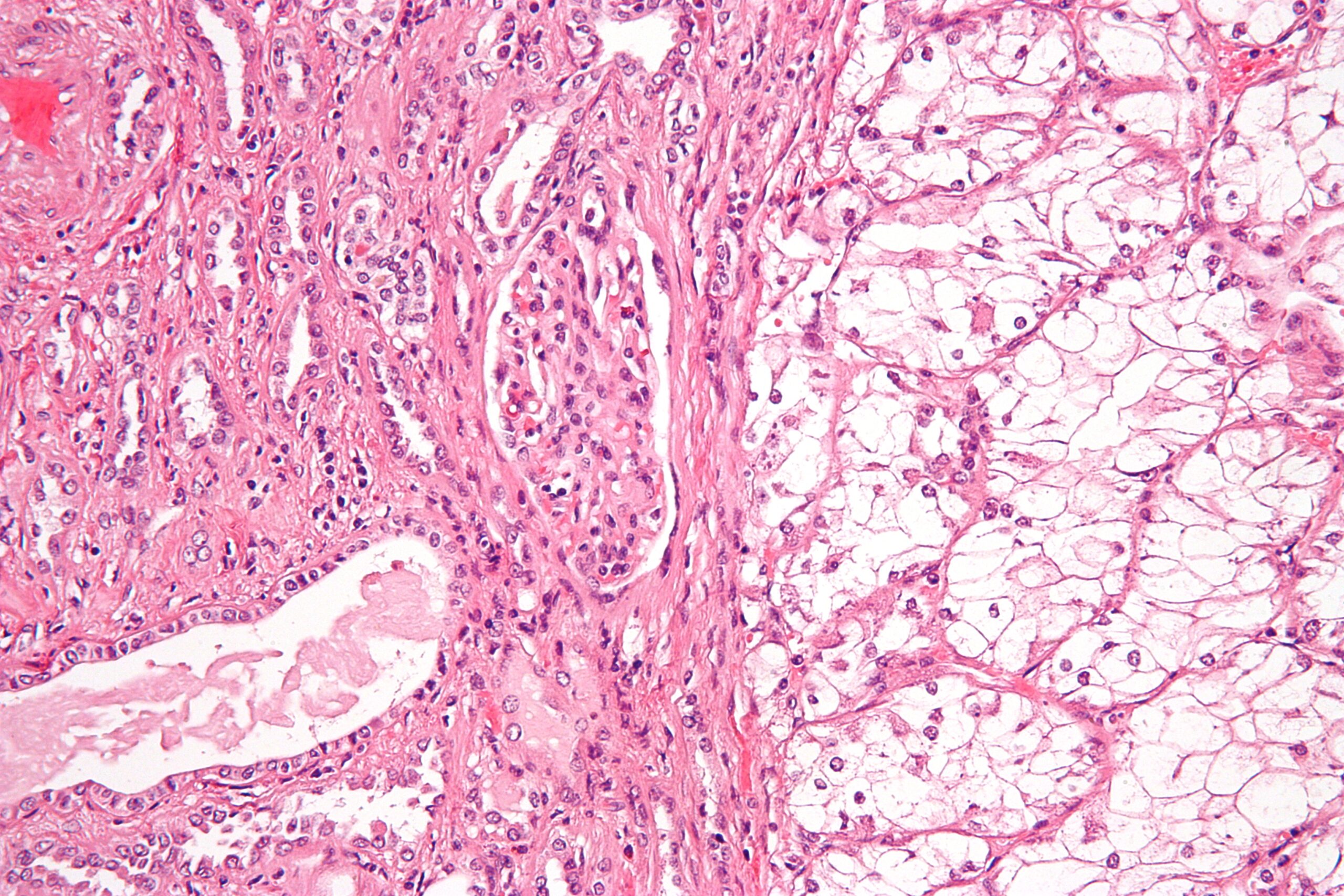Clear Cell Tumour: Understanding this Complex Renal Cancer
– Clear cell sarcoma (CCS) is a type of cancer called soft tissue sarcoma that occurs most often in the arms, legs, feet, and hands.
– CCS can also grow in the torso, including the stomach and intestines, as well as in the genitals and head.
– CCS is a rare type of sarcoma, making up 1% of sarcoma cases.
– It is most commonly found in teens and young adults in their 20s, with the average age at diagnosis being 25 years old.
– CCS is diagnosed through genetic testing and microscopic examination of tumor cells.
– Symptoms may include a lump under the skin, weight loss for no known reason, fatigue, and night sweats.
– Imaging scans such as MRI and CT are used to locate and measure the tumor, as well as check for any spread to other parts of the body.
– Biopsy is done to confirm the diagnosis, with a small sample taken from the tumor for examination under the microscope.
– Treatment options for CCS include surgery to remove the tumor and surrounding tissue, radiation therapy before or after surgery, and chemotherapy when surgery is not possible or when the cancer has spread.
– Clear cell renal cell carcinoma (ccRCC) is a type of kidney cancer.
– ccRCC is the most common type of kidney cancer in adults, making up about 80% of all renal cell carcinoma cases.
– Symptoms of ccRCC can include blood in urine, pain, weight loss, feeling tired, fever, and a lump in the side.
– A biopsy, where a small sample of the tumor is taken with a needle, is performed to confirm if the tumor is ccRCC.
– Treatments for ccRCC include surgery, immunotherapy, targeted therapy, radiation therapy, thermal ablation, and cryosurgery.
– People without a family history of Von Hippel-Lindau syndrome can also have changes in the VHL gene in ccRCC.
– The prognosis for people with ccRCC depends on factors such as the location of the tumor, whether the cancer has spread, and the success of surgery.
– Survival rates for ccRCC vary, with patients with smaller tumors having a better chance of survival.
– The 5-year survival rate for ccRCC patients is 50-69%, but it is lower for patients with larger tumors or advanced stages.
